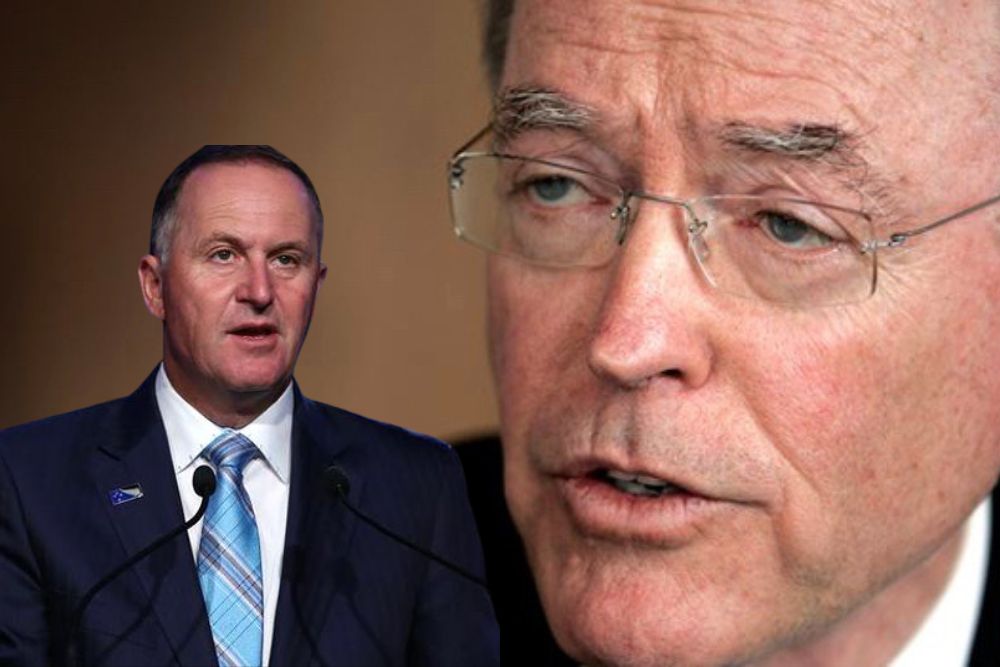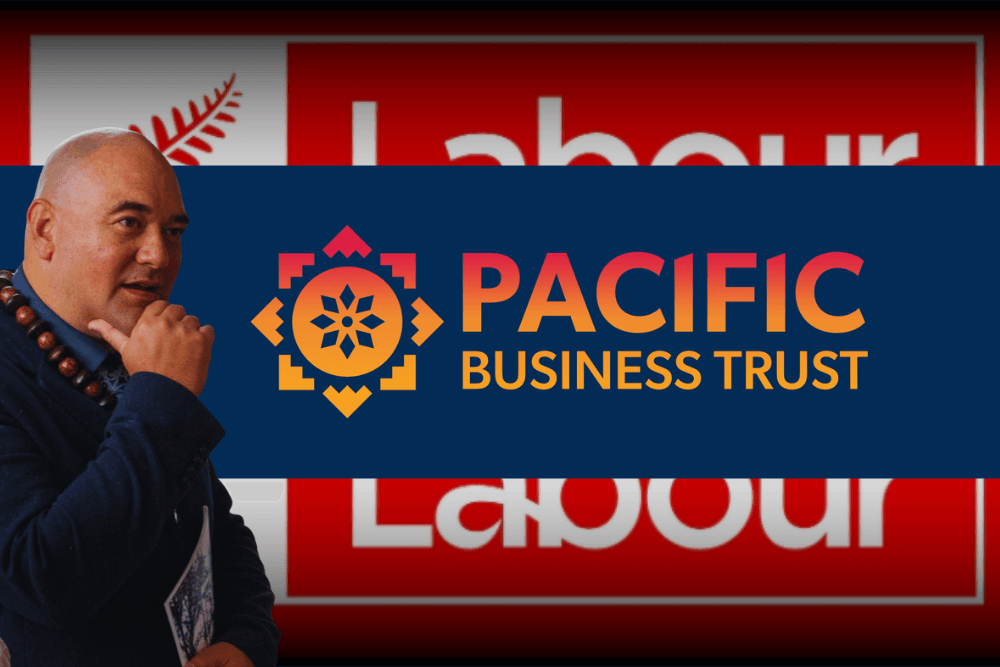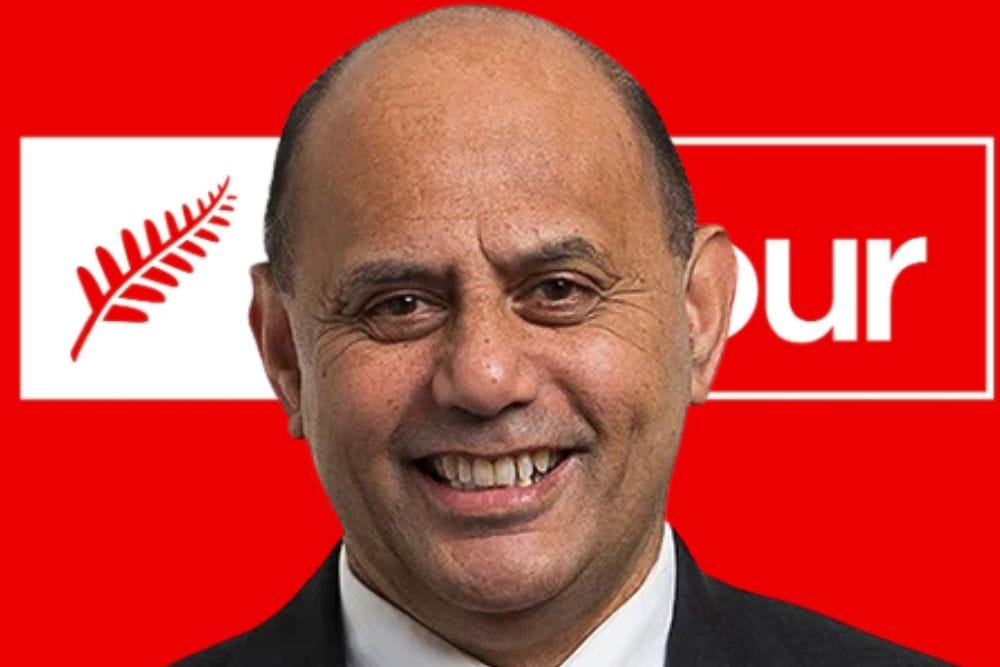By Dr Don Brash
Former National Party leader Sir John Key has urged people to “take the temperature down a wee bit” in the debate surrounding race issues. He believes this is an area where any government needs to “tread carefully.”
He also mentioned recent issues such as ACT’s Treaty Principles Bill, the removal of Section 7AA from the Oranga Tamariki Act, and National’s move to overturn a court decision on the Marine and Coastal Area Act.
It seems clear that Sir John Key prefers to avoid difficult conversations. When he was Prime Minister, he favoured deals that solved immediate problems and did not allow division and resentment to foster in the long term.
The reality is, if we had always trod carefully and feared stepping on toes, we wouldn’t have achieved nearly as much progress in halting separatism as we have.
Avoiding tough discussions has led successive governments to allow officials in Wellington (as well as special interests) to take New Zealand down a dangerous path of co-governance and a two-tier democracy.
There’s still a long way to go to ensure equal rights for all, and we certainly won’t get there if our political leaders are too timid to talk about it!
Restoring public access to the foreshore and seabed in the Marine and Coastal Area Act, removing Section 7AA of the Oranga Tamariki Act, and addressing ACT’s Treaty Principles Bill are ongoing issues that can’t be ignored simply because Sir John Key suggests we “cool down.”
He stated: “The important thing is that we’re all New Zealanders and I think everybody wants to live in a place where we can respect one another, get along well, and foster a better New Zealand. So I’d kind of encourage everyone to maybe take the temperature down a wee bit.”
This is exactly the point.
These conversations must persist because we share a vision of New Zealand where everyone is equal and where no one is given special rights based on their ancestry or skin colour.
“You should always treat race issues carefully because, in the end, we all want to live in a harmonious society. Māori are the indigenous population of New Zealand and Treaty partners, so you have to treat them with respect and care,” Sir John added.
While we respect Sir John Key’s contribution, we must respectfully disagree.
Capitulating to special interests is not a sign of respect or caring.
If we respect the value of all New Zealanders, we must discuss any moves to weaken our democracy.
What is there to disagree with in the Treaty Principles Bill?
- The Bill aims to finally define the principles of the Treaty as frequently mentioned in law and clarify what the three articles of the Treaty actually mean in 2024 and for the future (and reject what the activist academics have reinterpreted it to say).
- It will not alter the Treaty itself.
- New Zealanders as a whole have never been democratically consulted on these “Treaty principles.”
- The Bill seeks to clarify that the Treaty was meant to ensure equality for all, not to justify offering different access to taxpayer-funded services, guaranteed positions on government boards, or a separate healthcare authority based on ancestry.
- It promotes equality before the law.
The issue isn’t the content of the Bill but the fact that it’s even considered controversial.
This should be a concern for the National Party.









